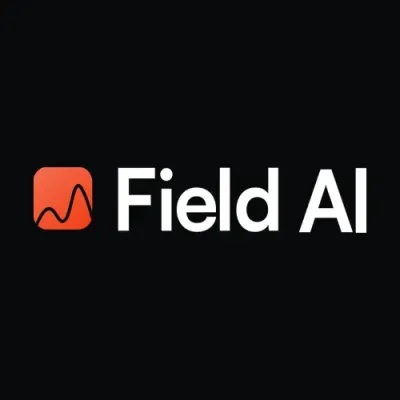Field AI is transforming how robots interact with the real world by building risk-aware, reliable, and field-ready AI systems that address complex challenges in robotics, unlocking the full potential of embodied intelligence.
Requirements
- Strong coding in Python and/or C and/or C++ for test harnesses, automation, and analysis
- Hands-on with ROS/ROS 2, bag tools, and robotics logging/telemetry workflows
- Experience designing SIL/HIL setups, simulators, and scenario-based testing at scale
- Familiarity with autonomy components (perception, localization, mapping, planning, control)
- Proficiency with CI/CD (e.g., GitHub Actions, GitLab), containers, and build systems (CMake)
- Comfort with sensors and data: cameras, LiDAR, IMU, joint/force sensors; calibration & synchronization basics
- Domain experience in off-road autonomy (unstructured terrain, slip, wheel/track dynamics)
Responsibilities
- Own end-to-end V&V for autonomy stacks
- Define test strategies for perception, planning, and control across vehicle and robot platforms
- Build SIL/HIL pipelines for continuous regression and performance tracking
- Establish entry/exit criteria, traceability, and sign-off gates
- Level up our simulation & scenario coverage
- Develop realistic, adversarial scenarios (terrain, weather, lighting, sensor faults)
- Engineer reliable test infrastructure
Other
- 2–5+ years in software or robotics V&V, QA, or test infrastructure (or equivalent research/industry experience)
- Clear, concise technical writing: test plans, results summaries, risk registers, and release notes
- A pragmatic, evidence-driven mindset and bias for automation over manual toil
- Experience with legged/humanoid robots (whole-body control, contact/force validation)
- Field test operations in challenging environments; strong safety discipline and test readiness reviews
